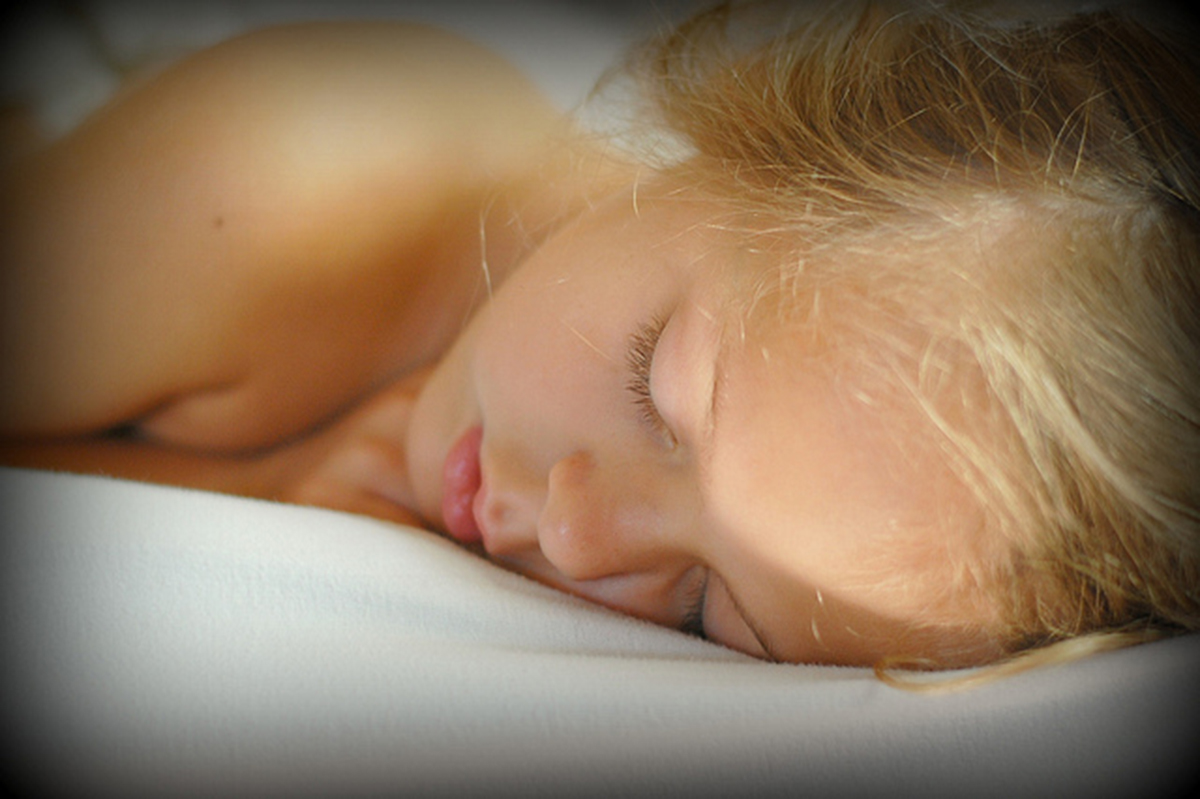Table of Contents
One of the frequently overlooked tools of fighting infection is simply getting more sleep. Not only does sleep help you get over an infection, it helps your immune system remember how to fight the infectious microorganism the next time you encounter it.
Most of our mothers taught us that if we don't get enough sleep, we will get sick. Dr. Diwakar Balachandran, director of the Sleep Center at the University of Texas M.D. Anderson Cancer Center in Houston confirms that what our mothers and grandmothers taught us is scientifically verified, at least for colds, flu, and HIV.
The relationship between getting enough sleep and staying infection-free is at least two-fold:
- When we don't get enough sleep, our immune systems don't fight disease as effectively.
- Also, when we don't get enough sleep, our bodies produce more inflammation.

It's not just that you are more likely to catch a cold or flu (or HIV) when you are sleep-deprived. Your immune system will use more inflammation to fight it. In the case of colds and flu, this means more aches and pains, more runny nose, more phlegm, and more fever. However, there is also an important relationship between sleep and the effectiveness of fever in fighting disease.
Fever "cooks" infectious microorganisms. However, the germs that cause infections have to be "primed" so that they are killed by fever (or at least stop reproducing so rapidly so the immune system can more easily deal with them). This priming process only occurs during sleep.
Sleep isn't just important for fighting infection. It is also important for fighting heart disease. The less sleep you get, the more inflammation your body generates.
People who consistently get less than seven hours of sleep every night generate high levels of C-reactive protein, a marker of inflammation, an indicator that cholesterol plaques may burst and block levels or that clotting factors may be activated to generate clots that interfere with circulation to the heart, brain, lungs, or colon.
How Much Sleep Do You Really Need?
Seven hours seems to be a minimum. More than nine hours indicates that some sleep disturbance is a problem. People who have sleep apnea wake up dozens or even hundreds of times every night just for a second or two, not fully waking up, but not getting deep, restorative sleep, either. They don't just feel tired all the time. They are also much more susceptible to infections.
What Can You Do To Get More Sleep?
For many people, the most important thing to do is to turn off the computer. Constantly checking the Internet ruins sleep. It is also important to turn off lights. This includes the TV, of course, but it also includes shutting out outdoor light and even night lights. The way the brain works, any exposure to blue light stops the production of the sleep hormone melatonin.
Even when the eyes are closed, the brain is sensitive to blue light. It's best to sleep in a room that is totally dark. Simply turning off the lights may be surprisingly helpful in overcoming and preventing infection.
- Cell Press. Sleep may strengthen long-term memories in the immune system. Eureka Alert System. 29 September 2015.
- Photo courtesy of peasap: www.flickr.com/photos/peasap/2561252071/
- Photo courtesy of rlcalamusa4156/: www.flickr.com/photos/rlcalamusa4156/6041578611


Your thoughts on this